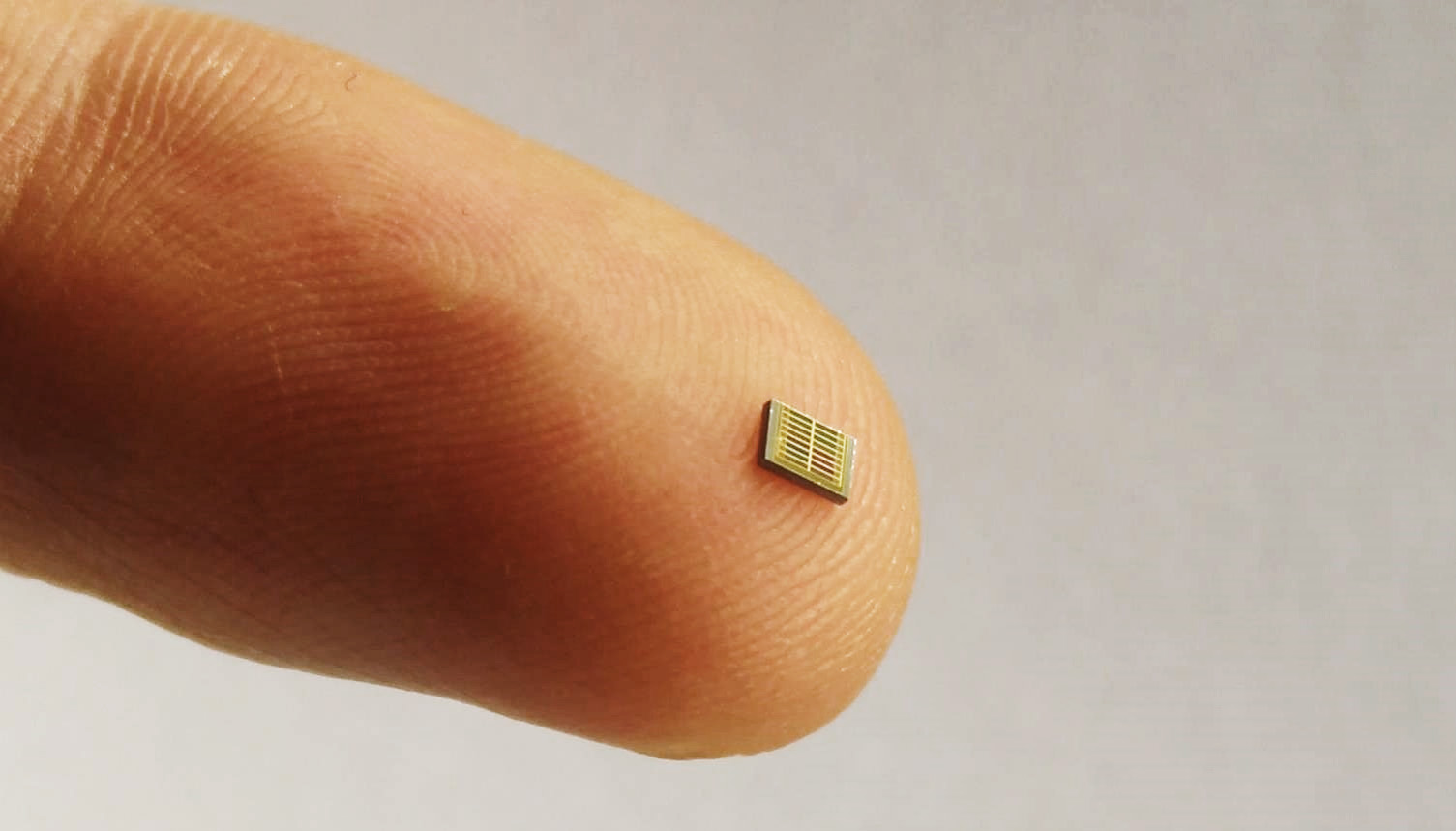Sustainable food production and distribution using integrated photonic microchips are top of the menu in a new roadmap from leading photonics experts and researchers.
Launch of the ‘Integrated Photonics for Agrifood’ roadmap
PhotonDelta and OnePlanet Research Center have today launched the ‘Integrated Photonics for Agrifood’ roadmap during the Post Harvest Unlimited Conference (PHUC) at Wageningen University, the Netherlands. It was presented by Lex Oosterveld, Principal Member of the Technical Staff at OnePlanet Research Center.
The roadmap sets out the future of sustainable food production and distribution using photonic microchip technology. It describes the role integrated photonics will play in the transformation of sustainable farming practices and food distribution – maximizing yield and minimizing food waste throughout the food supply chain. Multiple organizations have contributed to the roadmap’s creation, including MantiSpectra, Eindhoven University of Technology and Delft University of Technology.
Precision agriculture and Photonic Integrated Circuits
Precision agriculture is at the forefront of this transformation. It uses sensors to enable highly precise and optimized growing and distribution techniques. This can help us address global food challenges, including how we feed an estimated 10 billion people by 2050. However, it needs technology that’s small, cost-effective, and scalable for high-volume and low-cost production. That’s where Photonic Integrated Circuits (PICs) come in.
These integrated photonic microchips are fabricated like semiconductors, but use photons (light) instead of electrons. Miniaturization and low power consumption make them well-suited to handheld devices. They’re ideal for optical sensing applications, particularly real-time remote sensing of crop and food composition, both in the field and throughout the supply chain.
The Food and Agricultural Organization of the United Nations (FAO) estimates that around one third of the food we produce globally is lost or wasted – about 1.3 billion tons of ‘edible’ parts. These food losses and waste are also responsible for creating 3.3 billion tonnes of carbon dioxide.
Integrated photonic sensors enable farmers to give crops the optimum amount of water, light, and nutrients – and food producers are able to accurately assess crop yield and quality. Sensors also allow early detection of crop conditions and diseases, avoiding waste. A limited number of platforms have multiple applications, opening up exciting opportunities within the agrifood industry. Not only that, these improvements also lead to significant cost-savings.
The National Growth Fund supports the photonic chip industry with dedicated projects for agrifood, offering subsidized innovation programs. Discover how.
Download the full ‘Integrated Photonics for Agrifood’ roadmap.
